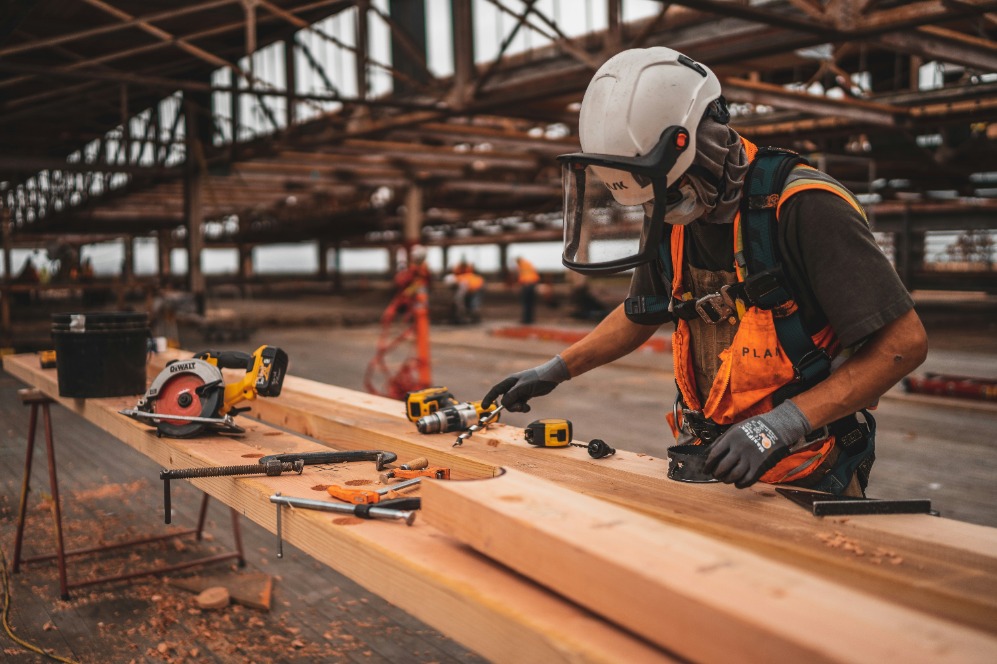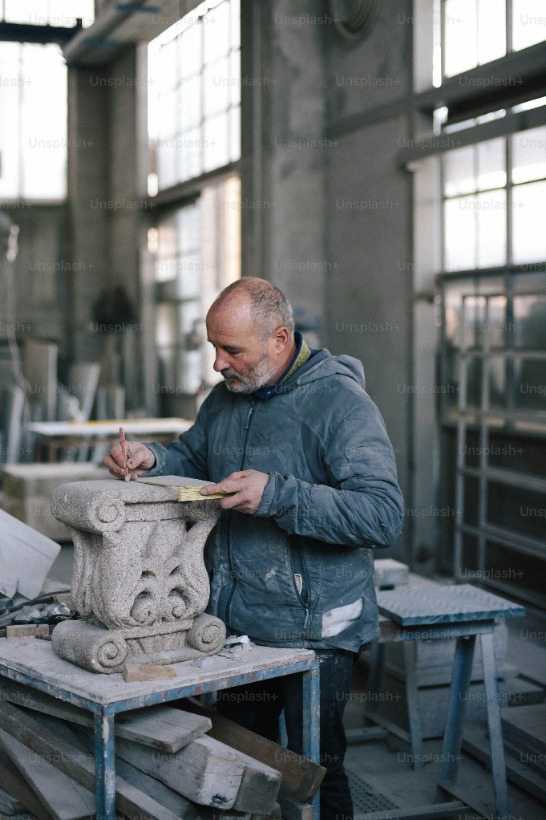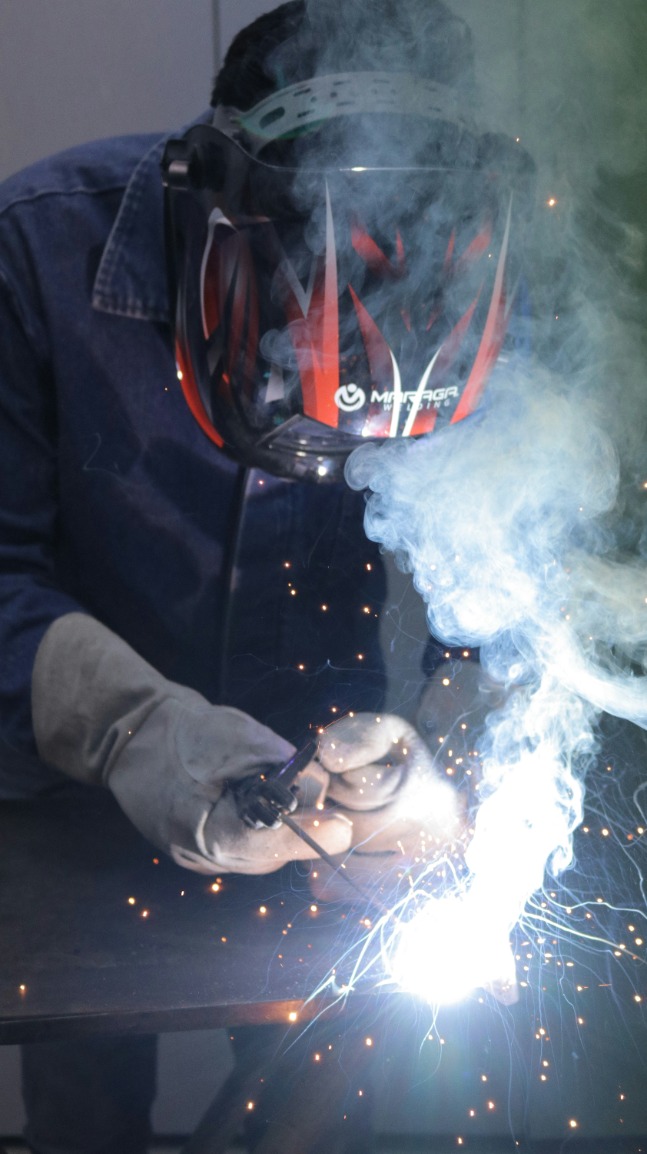




Monitor and control activities associated with hydropower generation. Operate plant equipment, such as turbines, pumps, valves, gates, fans, electric control boards, and battery banks. Monitor equipment operation and performance and make necessary adjustments to ensure optimal performance. Perform equipment maintenance and repair as necessary.
Manage operations at hydroelectric power generation facilities. Maintain and monitor hydroelectric plant equipment for efficient and safe plant operations.
Collect and organize data concerning the distribution and circulation of ground and surface water, and data on its physical, chemical, and biological properties. Measure and report on flow rates and ground water levels, maintain field equipment, collect water samples, install and collect sampling equipment, and process samples for shipment to testing laboratories. May collect data on behalf of hydrologists, engineers, developers, government agencies, or agriculture.
Research the distribution, circulation, and physical properties of underground and surface waters; and study the form and intensity of precipitation and its rate of infiltration into the soil, movement through the earth, and return to the ocean and atmosphere.
Apply principles and processes of natural ecosystems to develop models for efficient industrial systems. Use knowledge from the physical and social sciences to maximize effective use of natural resources in the production and use of goods and services. Examine societal issues and their relationship with both technical systems and the environment.
Apply engineering theory and principles to problems of industrial layout or manufacturing production, usually under the direction of engineering staff. May perform time and motion studies on worker operations in a variety of industries for purposes such as establishing standard production rates or improving efficiency.
Design, develop, test, and evaluate integrated systems for managing industrial production processes, including human work factors, quality control, inventory control, logistics and material flow, cost analysis, and production coordination.
Repair, install, adjust, or maintain industrial production and processing machinery or refinery and pipeline distribution systems. May also install, dismantle, or move machinery and heavy equipment according to plans.
Industrial Machinery Mechanics positions maintain and repair manufacturing and processing equipment and other industrial machinery, such as conveying systems, production machinery, and packaging equipment. Installation, dismantling, repairing, reassembling, and moving machinery in factories and construction sites may also be part of these jobs.
Plan, direct, or coordinate the work activities and resources necessary for manufacturing products in accordance with cost, quality, and quantity specifications.